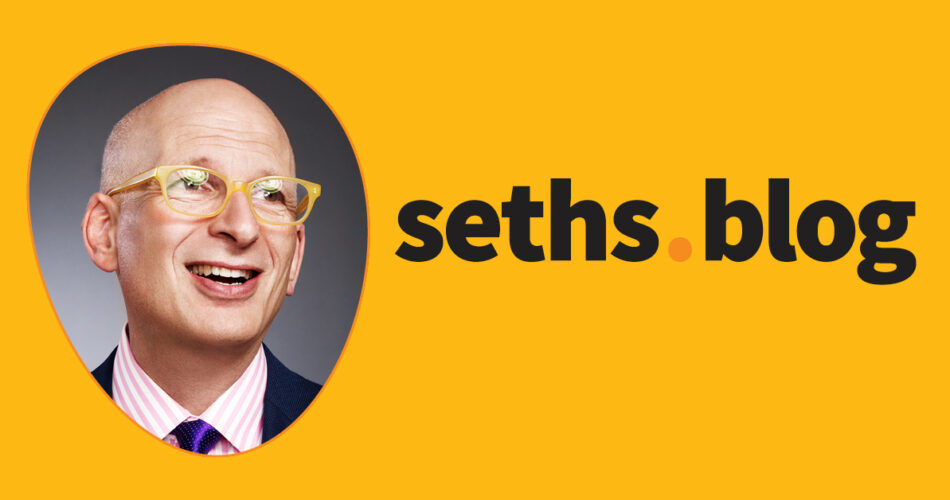“Twenty-four ninety-five.”
I was on the phone hearing a pitch for a service I needed. I had reached out to a recommended vendor, and was now sitting through a pitch from a salesperson who had a script but no listening skills.
I had figured that the service was probably $300 if I shopped around, but I was willing to pay a bit more than that if it would save time.
Finally, the script-reader got to the price.
“It’s 24.95.”
I paused for a second. “You mean it’s twenty four dollars and ninety-five cents?”
“No,” he said.
“Oh… you meant to say two-thousand-four-hundred-and-ninety-five dollars…”
Why would you write the script to anchor the price at 1% of what it really costs?
Instead of a fruitless hustle, two other stories could have worked better.
A competent salesperson could have said, “Some of our competitors charge $300 and some charge $5,000. We’re right in the middle and I can tell you why.”
Or perhaps they could have said, “Some people charge as little as $300 for this. Let me tell you why we charge a lot more than that, and why it might be a smart choice for you.”
In both cases, the truth becomes a firm foundation for a story about value and position.
Money is a story we tell ourselves about value, status and position.

Source link


